By James Jimenez
The great Ronald Reagan once said that “protecting the rights of even the least individual among us is basically the only excuse the government has for even existing.” He spoke, of course, of the disenfranchised, the destitute, and the dispossessed within the human community. Today, as we continually evolve into a kinder, gentler, and more inclusive society I would argue that “the least among us” should include those loyal retainers of ours – those silent confidants, steadfast companions, and gentle souls with fur and feathers, who offer us unconditional love and unwavering allegiance.
Unfortunately, in times of disasters, such as fires, earthquakes, or – as we’ve seen most recently – flooding, our instinct for survival kicks in and overrides all other concerns, and we leave our pets to fend for themselves. Naturally, the safety of human lives is paramount, but we cannot forget that our animal companions rely entirely on us for their protection and well-being. Abandoning them during such dire circumstances is not only inhumane but avoidable with proper planning and consideration.
The readiness is all
To ensure the safety of pets during natural disasters, it is not always enough to just be able to keep your wits about you. Admittedly, many instances of abandonment boil down to people essentially forgetting about the tied-up dog, or the hamsters in their cages. In those cases, it is often enough that we have the presence of mind to set them free before escaping ourselves, or to just grab up the cages to take with us as we flee.
Sometimes, and especially with some kinds of pets, more proactive planning is essential.
Identification is key. Ensure that your pets have proper documentation, including vaccination books. If possible, fit them – dogs especially – with collars that show their names. This will be very helpful if you are separated from them, and strangers have to give them shelter or aid. Distressed animals who hear the familiar sounds of their own names tend to be easier to help.
Ideally, your pets should be accustomed to carriers and leashes. This will greatly ease the stresses of evacuation and reduce their anxiety during the emergency. It will also facilitate finding accommodations for your pets, or even just ensuring that they are able to safely stay in crowded and overly stimulating evacuation centers.
Communities and local governments also play a pivotal role in ensuring the safety of pets during disasters. You might want to contribute time and treasure to public awareness campaigns that call for more inclusive evacuation plans – ones that don’t gloss over the fact that 67% of Filipino households have dogs, while 43% have cats.
Democratic Values and Community Responsibility
I hear you saying: isn’t all that just a bit much? I would argue, it is not.
Especially now that we are fast approaching the 2025 National and Local Elections, instead of seeing it as simply rescuing animals in distress, think of it as an object lesson – if not for you, then for the young voters in your orbit – in the democratic values of community responsibility, compassion, and yes, equality. Let me explain:
Community responsibility – the idea that we are all responsible for each other – lies at the core of democratic society. Voter educators will go on and on about the need for individuals to participate for the good of everyone. Well, by being mindful of the need to protect our pets, we do nothing more than extend our sense of duty beyond ourselves to include all living beings that form part of our communal fabric. Without a doubt, this strengthens community bonds and fosters a culture of collective care and support, conformably with the best traditions of democratic societies.
In the same vein, democratic societies emphasize compassion and empathy for all living beings. Caring for our animal companions is a direct expression of these values, and highlights our commitment to the vulnerable and dependent members of our society. Ultimately, in this implicit recognition of the rights and needs of all creatures, regardless of species, we see mirrored how we would treat those of our own species who do not serve our purposes, or who have otherwise outlived their usefulness.
The Ethical Dimension
As a final point, I would argue that abandoning pets during natural disasters is not just a matter of neglect but an ethical failure as well. Pets are more than animals; they are family members who offer unconditional love and loyalty. In return, they deserve our commitment and care, especially in times of crisis. Witnessing the heartbreak of abandoned pets and the gratitude of those rescued serves as a powerful reminder of our duty towards them.
Taking care of our animal companions during calamities, man-made or otherwise, is not just an act of kindness but a moral imperative. By preparing, keeping our wits about us in times of danger, and advocating for pet-inclusive disaster plans in our respective communities, we can uphold our responsibility to our loyal companions and ensure their safety and well-being. As I’m sure Ronald Reagan would agree, that’s practically the only reason we have for existing.

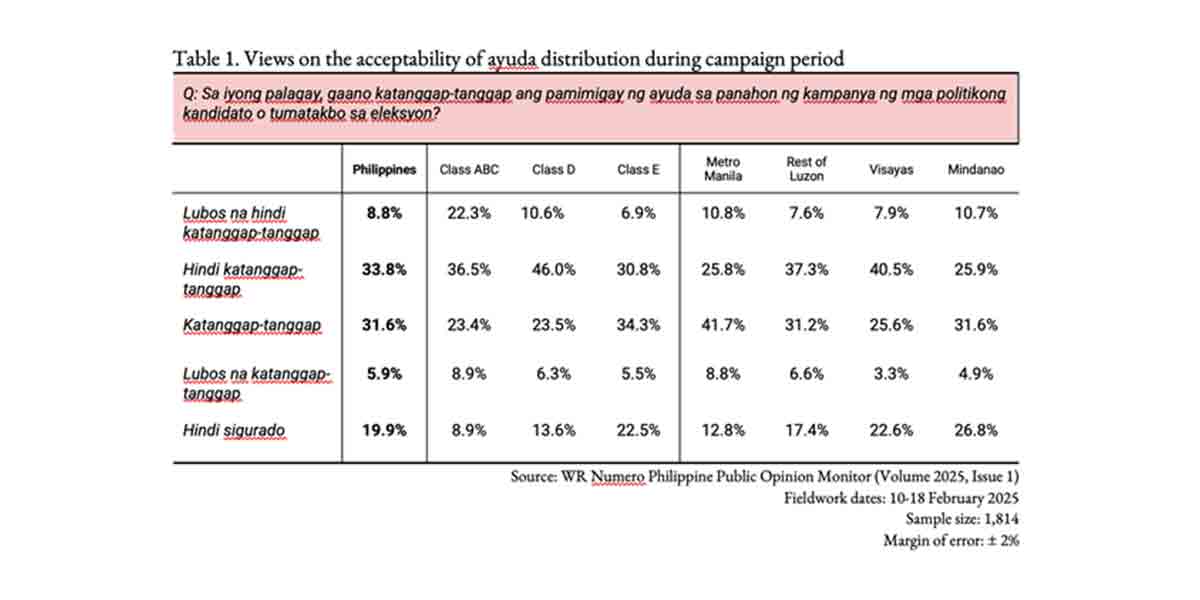
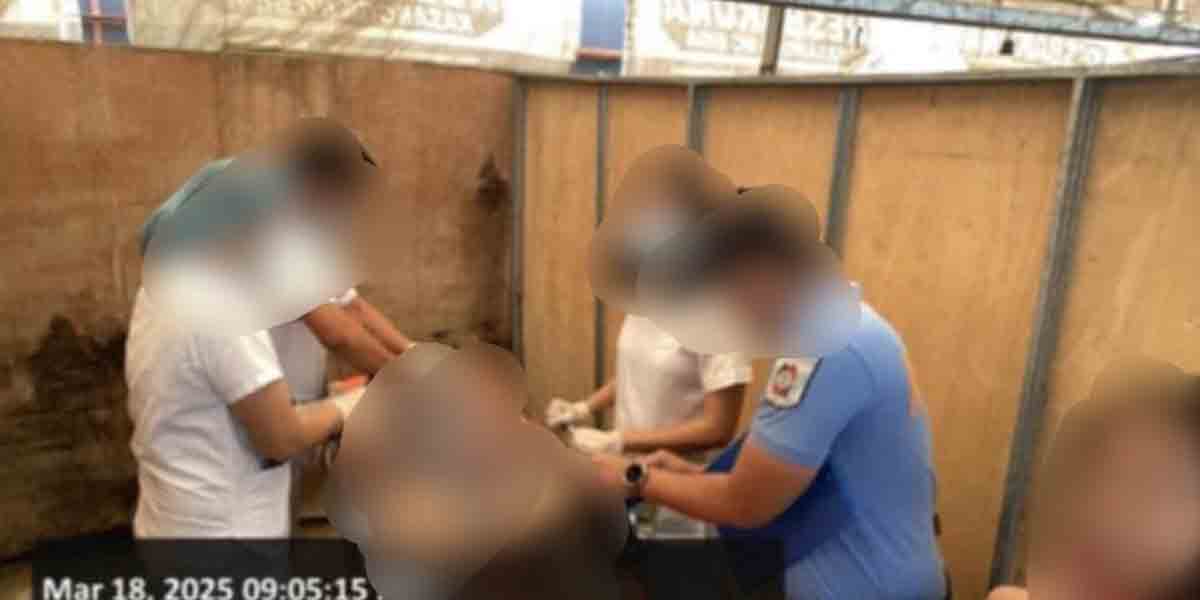




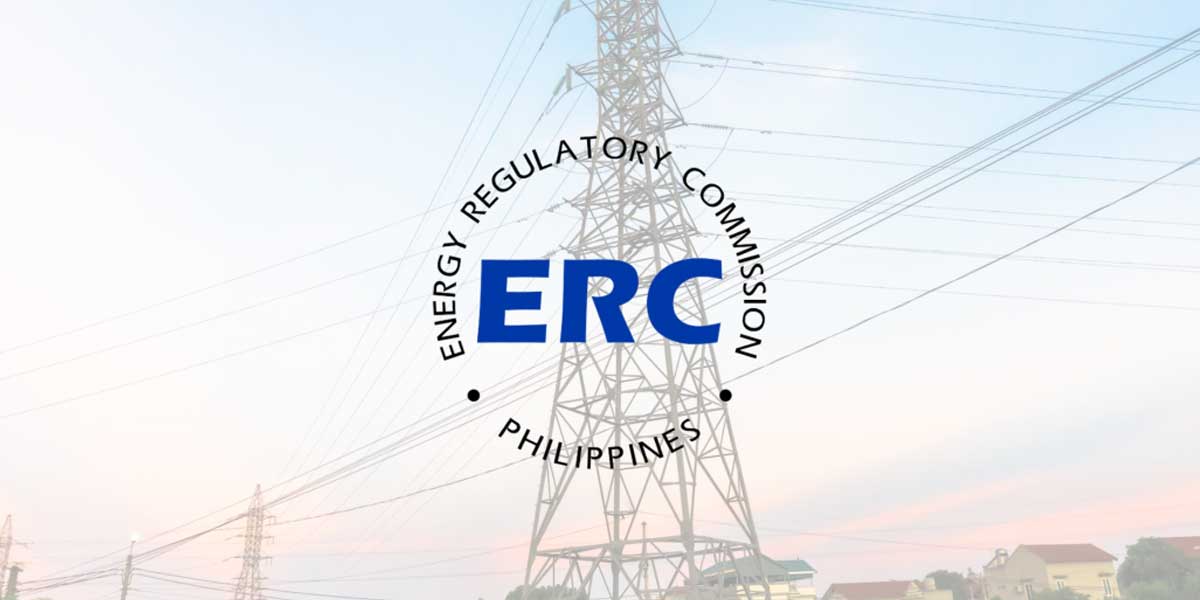






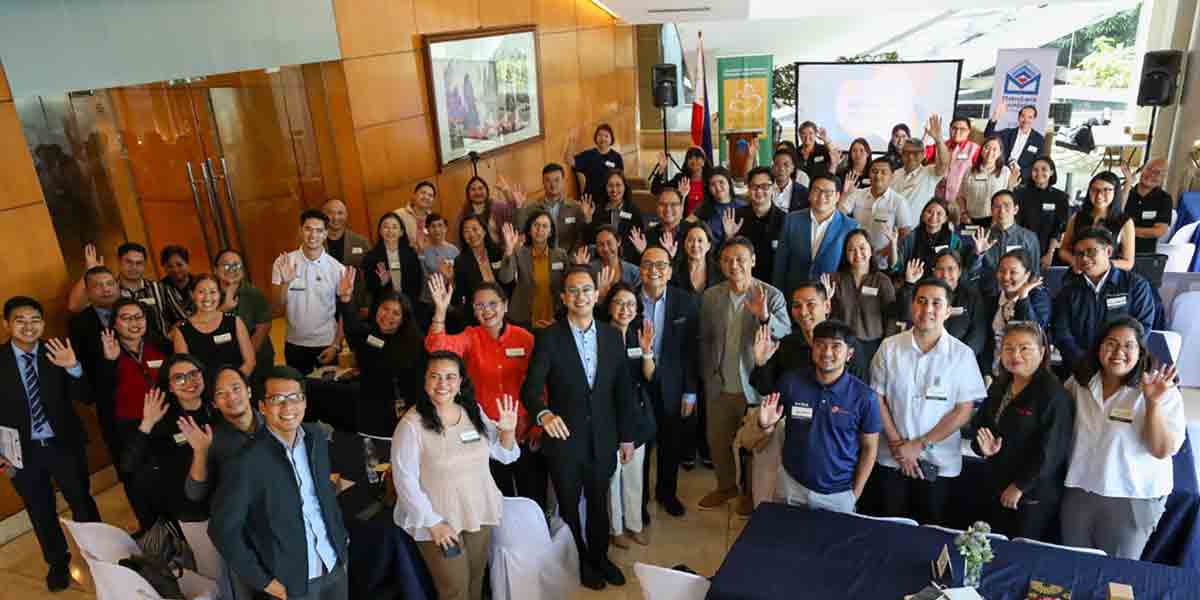


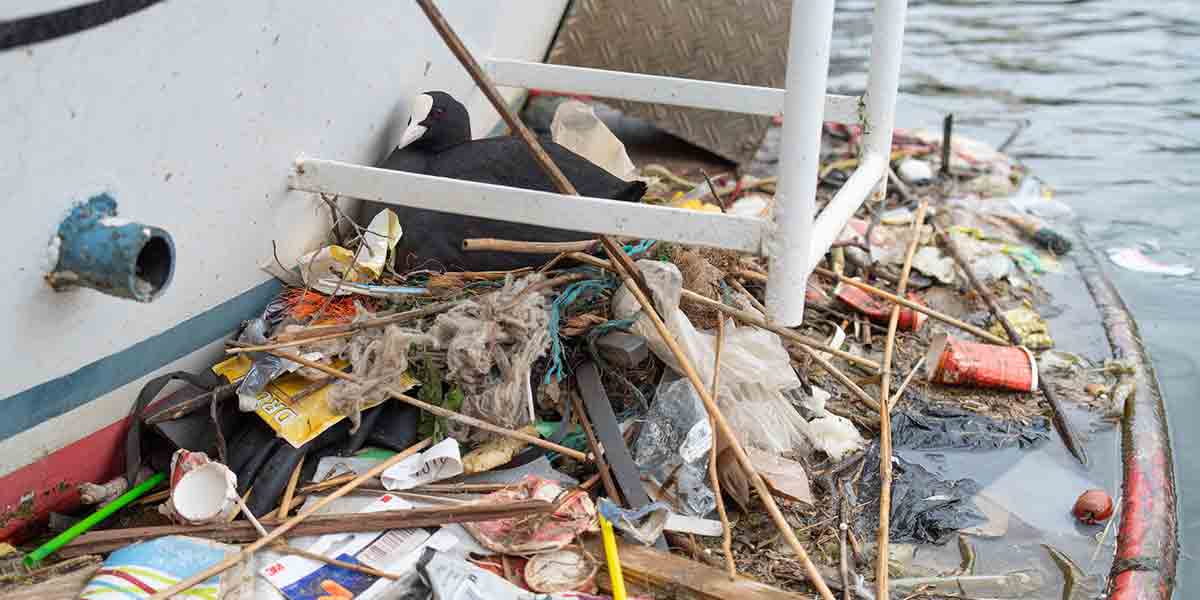



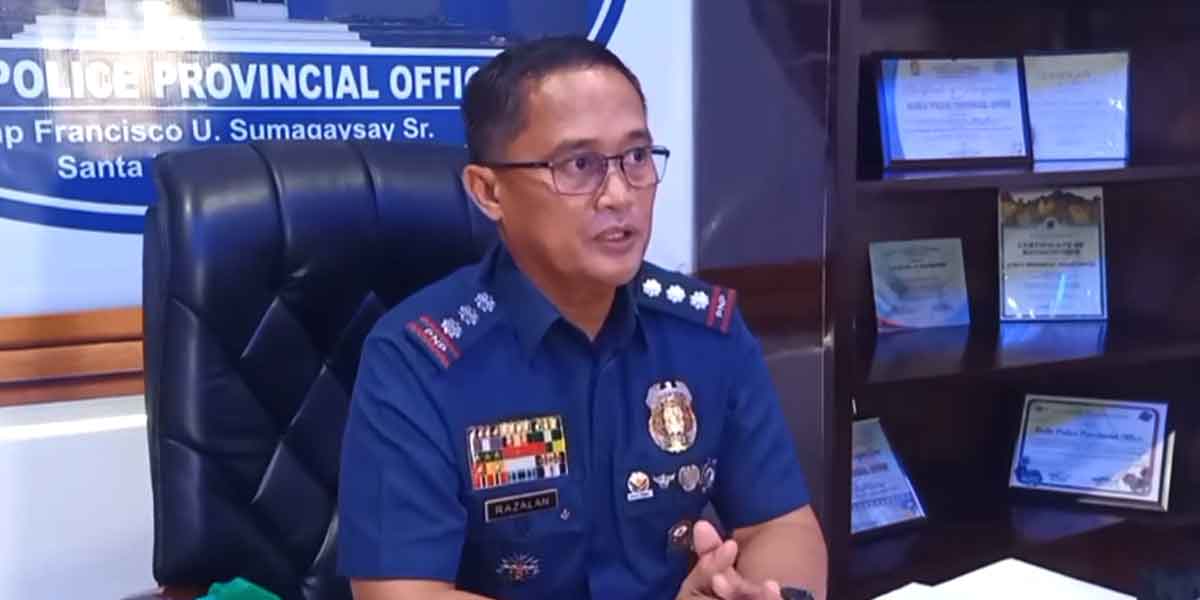


Let’s all strive to be more empathetic and understanding, making our communities a better place for everyone. To make puppies as your companion go to Petzlover.